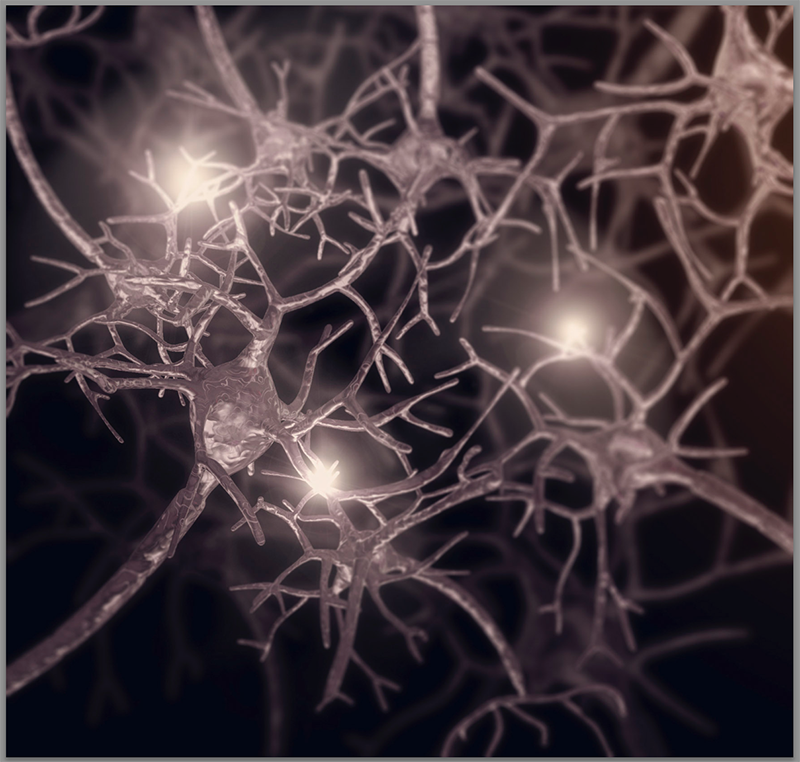Dosing Underway in Phase 1 Trial of AL101 for Potential Treatment of Parkinson’s, Other Disorders

Dosing has begun for healthy volunteers in a Phase 1 clinical trial of AL101, which has the potential to treat neurodegenerative disorders such as Parkinson’s, Alector recently announced.
The randomized, placebo-controlled trial (NCT04111666) is testing the safety, tolerability, pharmacokinetics (how the compound moves throughout the body), and pharmacodynamics (how the body interacts with the compound) of intravenously (into the vein) and subcutaneously (under the skin) administered doses of AL101.
The trial, which is not yet recruiting, is expected to enroll up to 42 healthy volunteers and will take place at a single study site in Orlando, Florida. More information can be found here.
Participants will be randomized to receive either a single subcutaneous dose, or up to three ascending intravenous doses of AL101. Safety and tolerability will be measured by the occurrence of adverse events over the course of 85 days.
AL101 is a compound designed to increase progranulin levels in the brains of people with neurodegenerative diseases. It is Alector’s second progranulin-stimulating therapeutic candidate to enter clinical trials in the past two years.
Low levels of progranulin have been linked to neurodegeneration and lysosomal storage disorders. Studies conducted in animals have shown that increasing progranulin protects against the progression of several of these disorders, including Parkinson’s.
A human monoclonal antibody, AL101 is designed to attach itself to receptors on specific cells and trigger the production of progranulin.
“This study will pave the way for exploring multiple indications for progranulin therapy as well as delivery formulations of this novel investigational medicine. The results will inform our decisions on future development of AL101 for neurodegeneration,” Robert King, PhD, chief development officer of Alector, said in a press release.
The U.S. Food and Drug Administration awarded AL101 orphan drug designation for frontotemporal dementia (FTD) in July 2019. Orphan drug status is given to investigational therapies that have the potential to treat a rare disease for which there is an unmet need. The designation grants Alector certain incentives such as additional support from the FDA and a period of marketing exclusivity in the event the therapy is approved.
Because proglanulin is implicated in Parkinson’s and Alzheimer’s disease, as well as FTD, AL101 has the potential to benefit all three disorders.
Alector is a clinical stage biopharmaceutical company based in South San Francisco. The company focuses on neurodegeneration and seeks to leverage the body’s own immune programs to treat neurodegenerative disorders. By engaging innate immune responses, Alector’s therapies could simultaneously counteract multiple disorders.






